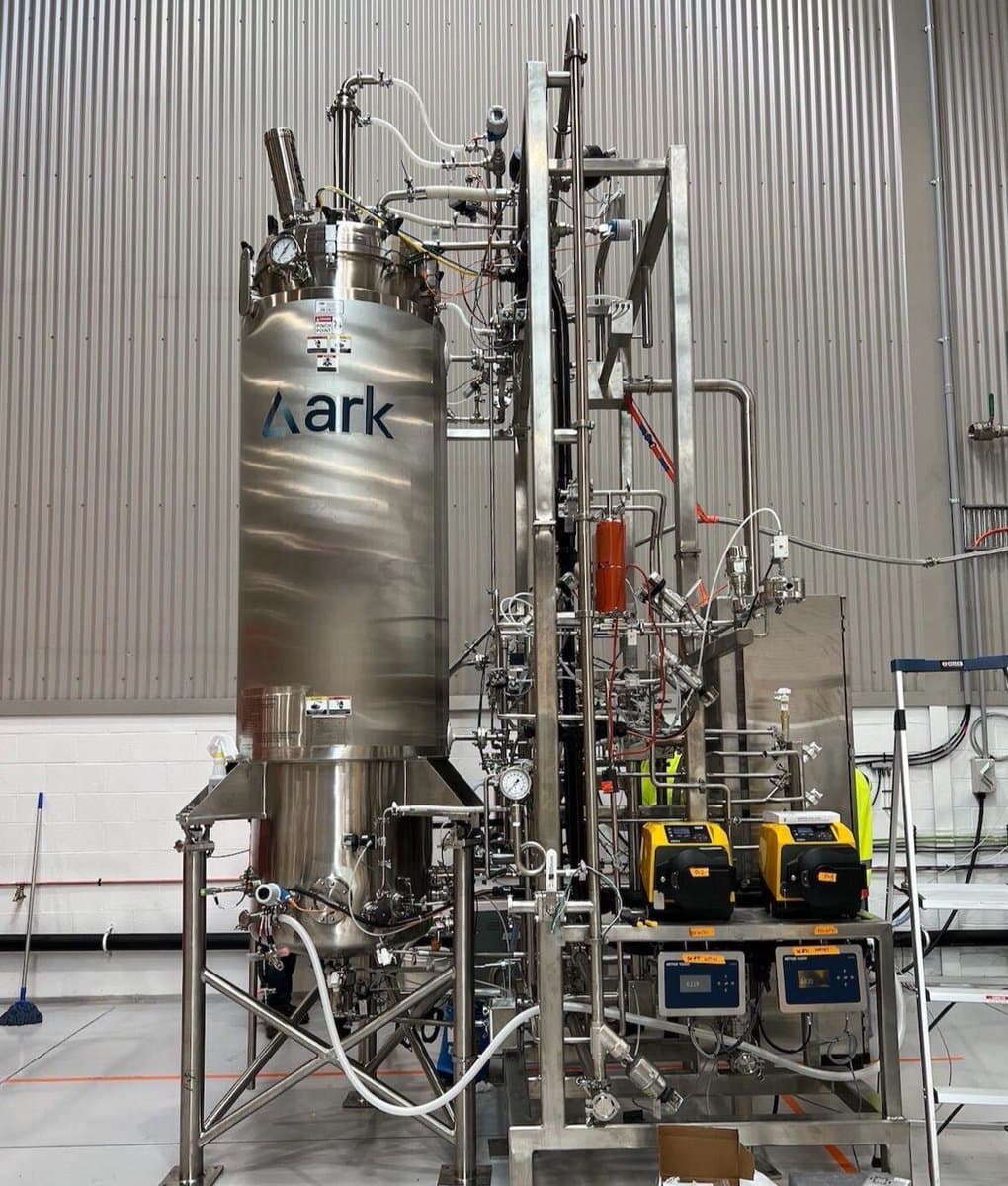Louis Anslow Highlights "Frankenstein Fallacy" in Technology Debate

Louis Anslow, co-founder of Pessimists Archive, recently articulated a critical perspective on technological progress, coining it the "Frankenstein Fallacy." In a social media post, Anslow stated, > "I call this the Frankenstein Fallacy: the propensity to treat technological stagnation as safer than technological acceleration." This concept challenges the common societal inclination to perceive the unknown risks of new technologies as inherently more dangerous than the established perils of maintaining the status quo.
The "Frankenstein Fallacy" draws its name from Mary Shelley's classic novel, which has long served as a cultural touchstone for anxieties surrounding scientific advancement and its potential unintended consequences. Anslow and his work with Pessimists Archive often explore historical examples of public and expert resistance to new technologies, arguing that many innovations initially met with fear eventually became integral to progress. This historical lens suggests a pattern where fear of the new often overshadows the benefits or the risks of inaction.
Anslow's argument posits that society frequently "runs from the speculative risks of the future, towards the proven dangers of the past," as he elaborated in a Guardian article. This dynamic suggests that a cautious approach to technological development, or even outright stagnation, might inadvertently perpetuate existing problems or prevent solutions that could arise from accelerated innovation. His perspective advocates for a more nuanced evaluation of technological change, urging a shift from obstruction to a "new progressivism embracing construction."
The discussion around the Frankenstein Fallacy is particularly relevant in contemporary debates concerning artificial intelligence, biotechnology, and other rapidly evolving fields. Anslow's framing encourages a re-evaluation of the default assumption that slowing down technological advancement is always the safer or more responsible path. Instead, it prompts consideration of the potential costs and missed opportunities associated with technological inertia.